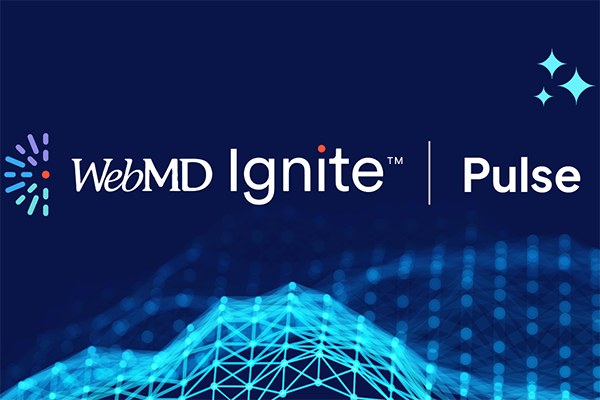Putting women’s health front and center: 5 steps to help female patients embrace their own care
Women’s Health Week, celebrated May 14-20 this year, is a time to raise awareness about the importance of taking care of the caregivers in our lives. Women are often at a greater risk for poor physical and mental health, because many of them put their own well being on hold while looking after others. This can lead to serious problems. Healthcare providers and care coordinators serve important roles in raising awareness and encouraging women to recognize and address common health issues.
Hypertension, diabetes, obesity, depression, heart health, and substance abuse are among the most important conditions affecting women today. Here are five steps to help female patients and health consumers embrace their own care:
- Remind them to schedule annual physicals and necessary health assessments. Women may have put off PAP smears, mammograms, bone density scans, stress tests, cholesterol screenings, blood pressure screenings, physical exams, and other preventive health screenings during the pandemic.
- Ask questions to assess her risk for substance abuse. Having a substance abuse problem makes treating depression and other conditions harder. Experts who study substance use have found that women who use drugs can have issues related to hormones, menstrual cycle, fertility, pregnancy, breastfeeding, and menopause. Those using drugs may also experience more physical effects on their heart and blood vessels. And women who are victims of domestic violence are at increased risk of substance use.
- Encourage exercise that can be easily incorporated into their busy lives. Help identify small but meaningful changes, as they can quickly add up to a positive effect. Losing even a few pounds lowers the risk of heart disease, stroke, diabetes, and hypertension. Providers can assist patients in setting goals and creating a realistic plan to address these risks.
- Remind women to practice self-care for their mental health. Social isolation and loneliness may increase the risk of having or dying from a heart attack or stroke. Discuss treatment options for depression, stress, and anxiety. Many people have become more isolated during the pandemic and may have trouble getting back to social activities. Suggest volunteering at a nature preserve, joining a gym, or taking a class they would enjoy that would promote social connection.
- Encourage her to eat a balanced diet. This helps the body deal with tension and stress. Whole grains, dairy products, fruits, vegetables, and protein are part of a balanced diet.
During Women’s Health Week– and all year long – it’s crucial to take a proactive and holistic approach to women’s healthcare. Women face unique health challenges throughout their lives. By providing regular check-ups and preventative screenings, and promoting healthy habits like exercise and a balanced diet, you can help your female patients and health consumers take care of their physical, mental, and emotional well-being.
And as an added plus, addressing women's health concerns can lead to better overall health outcomes, for both them and their families.
Women’s health resources to share with patients:
Domestic abuse: National Domestic Violence Hotline
Healthy Matters for Women Newsletter (from the Centers for Disease Control and Prevention)
Heart disease and stroke: 1 page printable for patients (from womenshealth.gov)
Fitness and nutrition: 1 page printable fact sheets (from womenshealth.gov)
Cancer: 1 page printable fact sheets – cervical, ovarian, and PAP/HPV tests (from womenshealth.gov)
See how we can support your patient or member education efforts.




